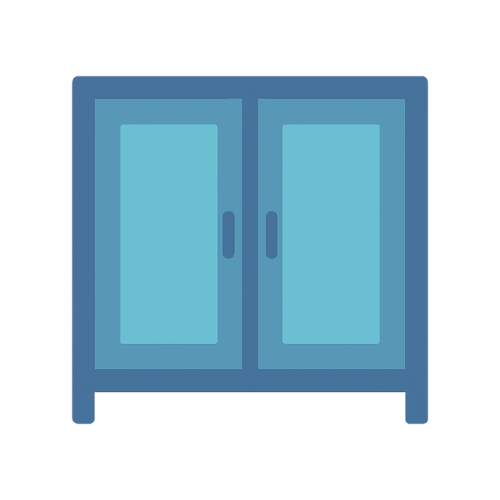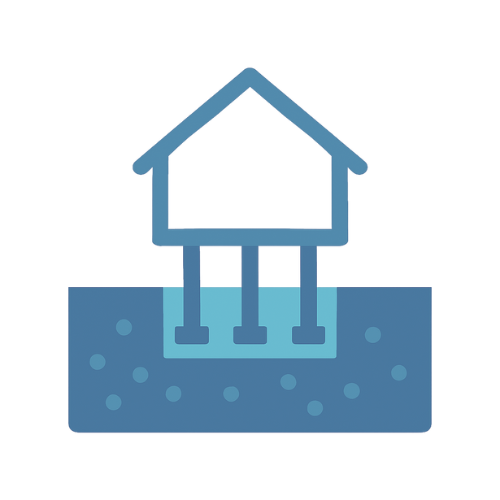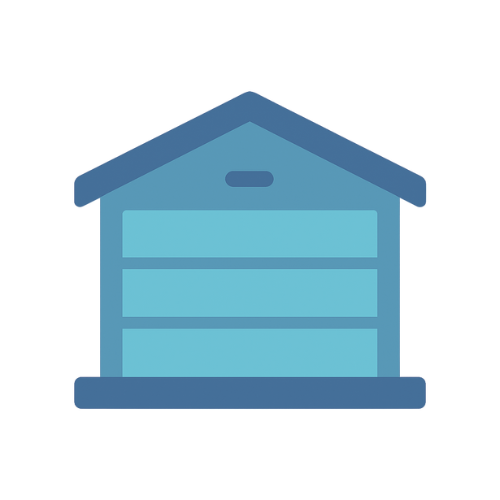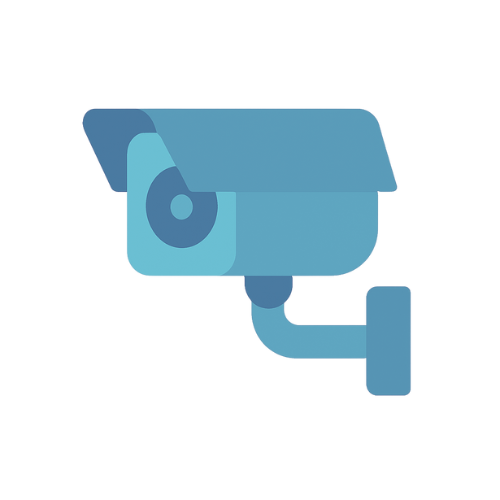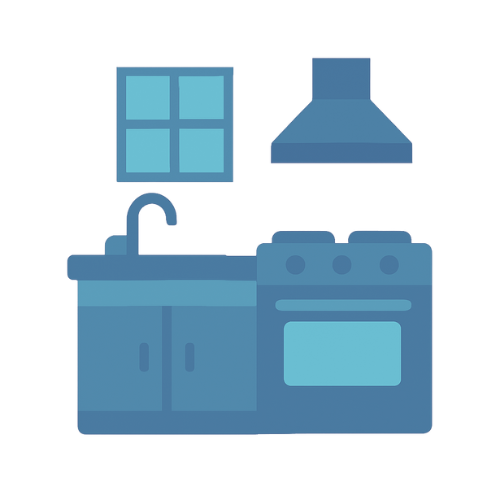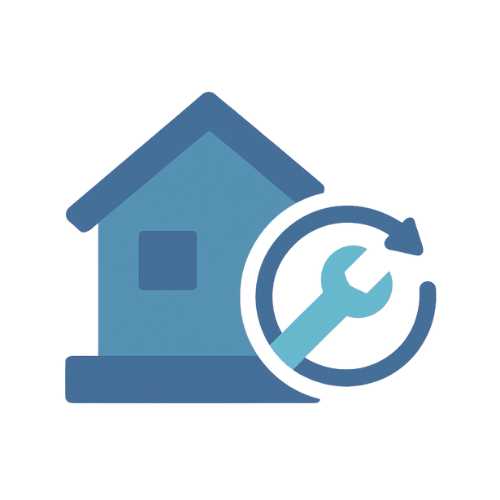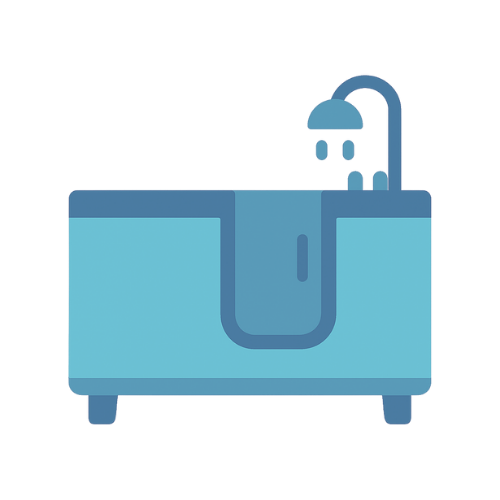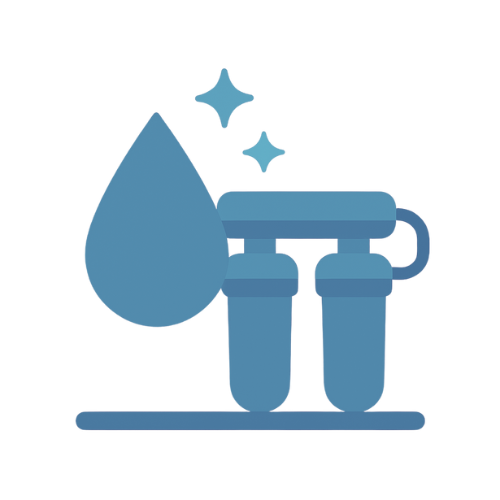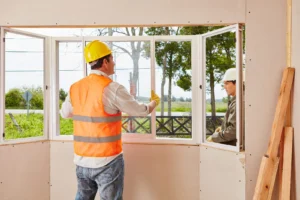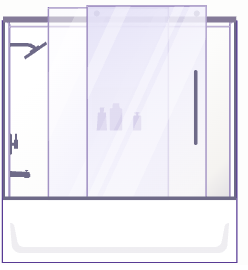2025 Guide to HVAC System Installation and Replacement Costs


What Is the Cost to Replace an HVAC System?
Consistent Comfort Begins with a High-Quality HVAC System
Your HVAC system plays a central role in keeping your home comfortable. Whether you're facing scorching heat or icy cold, a dependable heating and cooling system is a must. If you're thinking about upgrading or replacing your current setup, knowing the 2025 costs, advantages, and available options will help you make a smart, budget-friendly choice.

Average Cost of HVAC System Replacement in 2025
In 2025, replacing an HVAC system generally costs between $5,000 and $12,500, influenced by factors such as your home's size, geographic location, type of system, and the complexity of the installation. Opting for high-efficiency units or requiring custom ductwork can raise the overall price.
Estimated Costs by HVAC Type:
-
Central Air Conditioner: $3,800 – $7,500
-
Heat Pump System: $4,500 – $10,000
-
Gas or Electric Furnace: $2,500 – $6,500
-
Ductless Mini-Split: $2,000 – $8,000 per zone
-
Complete HVAC Replacement (Heating + Cooling): $5,000 – $12,500+
These figures typically cover the unit itself, professional installation, removal of old equipment, and project oversight. Keep in mind that labor and materials can fluctuate based on your local market.
Typical HVAC Replacement Costs in 2025
In 2025, the average nationwide cost to replace an HVAC system ranges from $5,000 to $12,500, depending on factors such as the type of system, brand selected, size of the home, and how complex the installation is.
HVAC System Replacement Cost Table:
| HVAC System Type | Average Cost Range |
|---|---|
| Central AC (Cooling Only) | $3,800 – $7,500 |
| Heat Pump System | $4,500 – $10,000 |
| Gas Furnace | $2,500 – $6,500 |
| Electric Furnace | $2,000 – $5,500 |
| Ductless Mini-split | $2,000 – $8,000/zone |
| Full System(Heat + Cool) | $5,000 – $12,500 |
These costs cover the price of the unit, labor, installation, and disposal of the old system. Additional features or zoning upgrades can raise the total expense.
Elements That Influence HVAC Installation Expenses
Several variables impact the total cost of your HVAC project:
Key Cost Factors:
| Factor | Description |
|---|---|
| Home Size | Larger homes require more powerful systems or multiple zones |
| HVAC System Type | Heat pumps, central AC, or ductless systems vary in price |
| Energy Efficiency | Higher SEER-rated units are more efficient but cost more upfront |
| Local Labor Rates | Installation costs depend on local contractor pricing |
| Ductwork Needs | New or modified ductwork can add to overall cost |
| Number of Stories | Two- or three-story homes are more complex to retrofit |
| Smart Thermostats/Zoning | Optional upgrades that increase comfort and efficiency |
Repair or Replace: When to Consider an Upgrade
Is your HVAC system getting old? It may be more economical over time to replace it rather than keep fixing it.
Indicators You Might Need a New HVAC System:
-
Increasing energy costs
-
Inconsistent heating or cooling
-
Regular malfunctions or repairs
-
System older than 10–15 years
-
Unusual sounds or smells
-
Frequent cycling or running nonstop
Comparing the Lifespans of HVAC Systems
| System Type | Expected Lifespan |
|---|---|
| Central AC Unit | 12–15 years |
| Gas Furnace | 15–20 years |
| Heat Pump | 10-15 years |
| Ductless Mini-Split | 15–20 years |
Advantages of Installing a New HVAC System
Upgrading your outdated HVAC system provides benefits beyond enhanced comfort.
Benefits of a New HVAC System:
-
Decreased monthly energy expenses
-
Smaller environmental impact
-
Better indoor air quality
-
Quieter and more efficient performance
-
Compatibility with smart home technology
-
Access to rebates and tax incentives
-
Boosted home value
How Installation Expenses Are Determined
Our AI-driven estimator uses actual homeowner data, contractor prices, and up-to-date market trends to provide your cost estimate. It considers factors such as:
-
Size and layout of your home
-
Your location
-
Costs of materials and equipment
-
Local labor fees
-
Extra features like air purifiers or humidifiers
Keep in mind, replacing an HVAC system usually costs more than a first-time installation due to possible ductwork changes, removal of old equipment, and electrical upgrades.
Estimated HVAC Installation Costs by Region in 2025
| Region | Average Replacement Cost |
|---|---|
| Northeast | $6,000 – $12,000 |
| Midwest | $5,500 – $11,500 |
| South | $5,000 – $10,500 |
| West | $6,000 – $13,000 |
Labor rates, climate needs, and regional energy regulations differ across areas, making it important to get location-specific estimates.
Payment Options and Savings Opportunities
Upgrading your HVAC system is a significant financial commitment, but there are several ways to ease the cost:
Financing and Incentive Opportunities:
-
Access to low-interest financing through your contractor
-
Rebates from local utility companies for installing energy-efficient models
-
Federal tax credits for qualifying systems—potentially up to $2,000
-
Seasonal discounts and promotions from manufacturers
Be sure to have your contractor explain all applicable savings and financing options before you begin your project.
Hiring a Pro vs. Doing It Yourself
Although DIY installation might seem like a way to cut costs, HVAC systems are intricate and should be handled by licensed professionals.
Reasons to Choose a Certified HVAC Technician:
-
Ensures compliance with safety regulations and local building codes
-
Guarantees correct system sizing and proper refrigerant management
-
Maintains manufacturer warranty coverage
-
Maximizes system efficiency and performance
-
Provides insurance protection and reduces liability risks
HVAC Installation: What to Anticipate
What Happens During an HVAC Installation:
-
Home Evaluation – A professional will examine your home’s layout and existing HVAC setup.
-
System Selection & Sizing – The right unit is chosen based on your square footage, climate, and comfort needs.
-
Removal of Old Equipment – The previous system is taken out and properly disposed of.
-
Installation of New System – This includes connecting ductwork if needed, setting up the thermostat, and installing the new unit.
-
Performance Testing – Technicians verify the system is operating safely and efficiently.
-
Final Review & Cleanup – You’ll get a walkthrough of your new system, and the area will be cleaned up.
Installations typically take between one and three days, depending on the job’s complexity.
Energy Efficiency and Understanding SEER Ratings
The higher the SEER (Seasonal Energy Efficiency Ratio), the more efficient your cooling system is.
| SEER Rating | Efficiency Level | Ideal For |
|---|---|---|
| 13-14 | Standard | Basic budget systems |
| 15-17 | Mid-range | Energy-conscious homes |
| 18-21+ | High-efficiency | Hot climates, smart homes |
Look for ENERGY STAR®-certified systems to maximize energy savings and qualify for rebates.
Will Material Prices Change in 2025?
Yes. Changes in global supply chains, tariffs on metals, and fuel costs can all affect the price of HVAC equipment and installation. It’s a good idea to check with your contractor about potential price changes in the near future and whether it’s more cost-effective to proceed with installation now.
Request a Complimentary HVAC Quote
Looking to enhance your home's comfort and energy efficiency? Get free quotes from licensed contractors in your area today. Comparing 3 to 4 estimates is the smartest way to secure a fair price and top-notch installation.
Extra HVAC Installation Services
There might be some expenses not covered in your initial HVAC replacement quote that you should still keep in mind. Be sure to ask your contractor whether the following are included in their estimate:
-
Permits: Does your local city or county require a permit for the installation? For more details, check out our blog on when permits are necessary for air conditioning replacements.
-
Inspections: Will the system need to be inspected by a building department official to confirm it meets code requirements?
-
Labor costs: Are there extra labor or disposal fees? For example, older homes with asbestos or lead paint may incur additional charges for testing, removal, or replacement.
-
Insulation: Will you need to add or replace insulation to maintain your unit’s efficiency? If installing an AC unit in the attic, additional attic insulation might be necessary.
Extra Expenses for HVAC Installation
Choosing the right contractor is important. Here’s how to pick the best one:
-
Confirm they have proper licenses and insurance
-
Check authentic reviews from other homeowners
-
Request written estimates and warranty details
-
Prefer contractors who inspect your home before quoting
-
Avoid those who provide prices over the phone without a site visit
Obtaining 3 to 4 quotes allows you to compare costs, services, and overall value.
How to Locate a Reliable HVAC Contractor
To estimate the cost of HVAC installation for your home, you’ll need to factor in the price of the HVAC unit along with local labor rates. The unit cost depends on your home's square footage, the type and capacity of the system required, any needed ductwork, and project-related expenses such as labor, transportation, and disposal.
Our HVAC cost estimator offers a quick, personalized quote—just enter:
-
The system type (heating, cooling, or both)
-
Your home's square footage
-
Your ZIP code to adjust for local labor costs
This tool takes into account labor, materials, and location-specific details to provide an accurate cost estimate.
Doing It Yourself vs. Hiring a Pro
Although certain HVAC tasks, such as replacing a thermostat, might be suitable for DIY, installing an entire HVAC system should always be done by certified experts. HVAC technicians have the training to manage refrigerants, balance ducts, handle electrical wiring, and follow local safety codes and regulations.
Trying to install the system on your own could void warranties, cause performance problems, and create health or safety hazards. Hiring a professional guarantees the installation is done correctly from the start.
What Happens During an HVAC Installation
-
Inspection of the home and calculation of heating/cooling load
-
Choosing the appropriate size and type of unit
-
Removing the old system and preparing the site
-
Installing the new HVAC system, including ductwork and thermostat if necessary
-
Testing the system and balancing the airflow
-
Cleaning up and reviewing the work with the homeowner
Typically, installations take between 1 and 3 days, depending on the complexity of the project.
Energy Savings and Cost Efficiency Over Time
Contemporary HVAC systems can lower your energy consumption by 20–40% compared to outdated models. Units with higher SEER ratings (Seasonal Energy Efficiency Ratio) provide greater cooling efficiency per energy unit, helping to decrease both your environmental impact and energy costs.
Are Material Costs Impacting Your HVAC System?
Material costs can vary because of supply chain disruptions, seasonal demand, and tariffs. Certain HVAC parts might be more affected than others. It’s wise to check with your contractor about any recent price changes that could influence your estimate and whether it’s better to proceed with installation sooner rather than later.
Ready to Enhance Your Comfort?
A properly working HVAC system goes beyond just controlling temperature—it also impacts your health, energy efficiency, and overall peace of mind. Whether you’re upgrading an old system or installing one in a new home, knowing your HVAC choices and expenses is key to creating a more comfortable living space.
Frequently Asked Questions
The Average costs for various heating and cooling systems can differ widely based on factors such as the brand, energy efficiency rating, unit size, and local labor charges.
You can use our HVAC Installation Cost Calculator to get an average price for installation in your area. Then, talk to reliable local contractors about your specific project afterwards if you’d like.
The costs range from $6,224 to $11,434, depending on the system type and installation requirements. Key factors include system size, type, efficiency, and local labor rates.
You can definitely negotiate the price of your air conditioner installation with your contractor. It’s a good idea to have other local price references handy to support your case.
HVAC installation costs typically range from $3,500 to $7,525. Homeowners can save money by negotiating the contract price and conditions with their contractor. Get multiple quotes from local contractors or use our cost calculator to get average local prices as a negotiating basepoint.
When installing a new HVAC unit, brand and associated costs can be an important decision factor. A good HVAC brand can usually offer a price point to fit any budget from a low cost AC unit or furnace to top performing HVAC systems.
When putting in a new heating or cooling system, it can quickly become urgent as extreme weather makes your home uncomfortable. Luckily, you can find a dependable local HVAC contractor quickly. The best strategy is to ask friends and family for recommendations first.
Start by researching and carefully evaluating recommended contractors. Then, use a platform like Modernize to compare several quotes from leading HVAC experts. We also offer information on local service providers, including Google and BBB ratings, along with recent reviews from homeowners. These reviews come from neighbors who have completed similar HVAC projects with those same contractors.
Share this article

